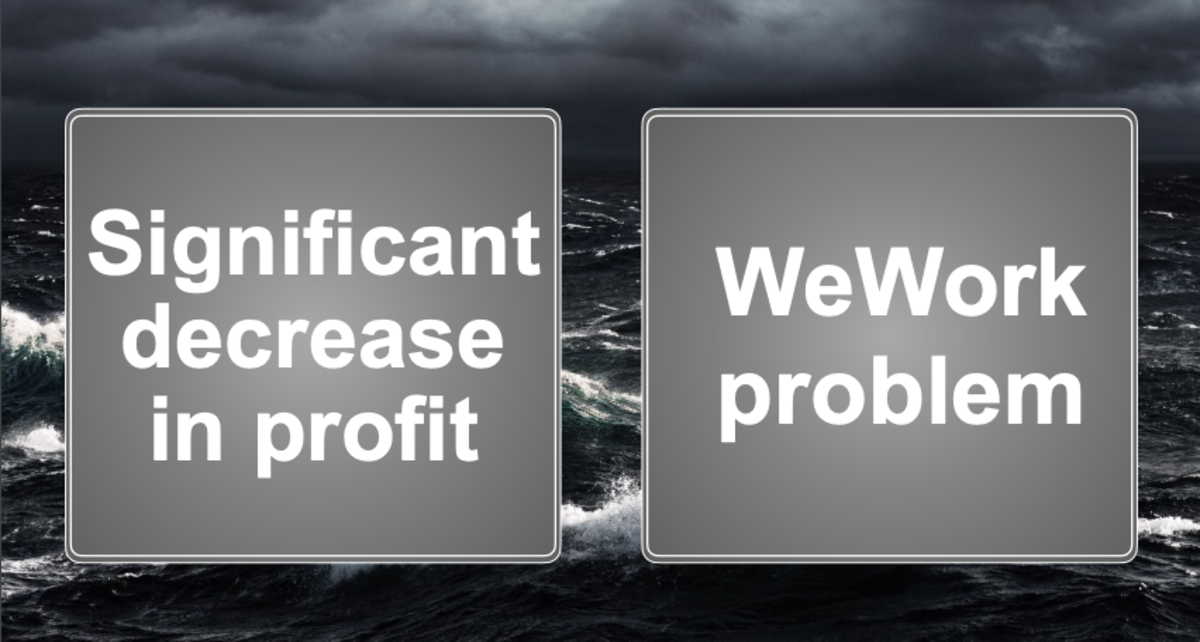(Image via Getty)
We are living in a unique time in American history where an already substantial portion of the population that has openly rejected religion is continuing to increase exponentially. This kind of rapid change within a country’s general demographic has, as it always has throughout our history, generated significant backlash from a threatened-feeling former substantial majority. Under this historically unique tension (and throw in a deadly pandemic to boot), a religious liberty drama has been unfolding in Kentucky where a federal judge has issued a blistering, eighty-six-footnote-long temporary restraining order against the mayor of Louisville.
The federal order prevented the mayor of Louisville from prohibiting “drive-in church services” this past Easter Sunday as a response to the COVID-19 pandemic. Adding to the drama, Louisville Mayor Greg Fischer is now claiming “[t]here was never a Louisville Metro Government ban on drive-in church services” to begin with and that the court did not allow the city to make this fact clear.
To begin. The problem with the mayor’s claim is that a number of prior public statements made by Fischer appeared to logically indicate he was banning drive-in church services. What is clear, is that although Kentucky Governor Andrew Beshear did specifically prohibit all in-person gatherings (including church services), he also released guidance on rules to follow for drive-in Easter church services.
A common element to many religious liberty cases, in my opinion, is government incompetence, and Mayor Fischer’s ambiguous statements leading up to Easter Sunday undoubtedly created a great deal more confusion that was necessary. And it should be needless to say that in a time of pandemic, confusion regarding what constitutes a lawful gathering is not what anyone wants to see from the government, at any level. But another common element to religious liberty cases, I believe, is what might be called “Christian-victimhood,” a term characterized by the belief that Christians in the United States exist under some sort of constant legal/social attack. This belief was the dominating feature of Judge Justin Walkers‘ federal order against the mayor of Louisville.
To hear Walker tell it, we are living in state of antireligious dystopian rule. The problem with Walker’s description, however, is that Christianity in general has never enjoyed this much favoritism in federal law. For example, to my knowledge, the Supreme Court has forced citizens, through compelled taxation, to provide financial support for Christian symbols only. In other words, no religion other than Christianity can compel you through the government to support its religious speech/symbols. Meaning that if the facts of a case involve a forty-foot crescent moon of Islam monument that some municipality wants to force you to provide financial support to instead of a forty-foot Christian cross, the legal outcome will be entirely different. Yet, we are somehow asked to maintain the notion of religious “equality” or “liberty” from such a standard.
Moreover, federal statutes have in practice favored Christian exemption from the application of criminal law that all the rest of us live under. Basically, if your criminal actions can be attributed to Christian biblical direction, you stand the best chance of having the federal RFRA statute applied on your behalf. Whether or not you think such obvious favoritism in the law is acceptable because of “historical” reasons, you cannot call it equal. As I have repeatedly stressed, Christians, if anything, are the only authoritarian actors operating right now by fighting (and winning in federal courts) to prevent nonreligious couples from having secular celebrants who share their deeply held beliefs at their own weddings. Or fighting (again successfully), to ban nonreligious citizens from addressing their own state legislatures with messages of inclusiveness and pluralism.
The more important point to be made here however, is that any discussion over whether Christianity is authoritarian or under attack was not at all necessary to issuing the TRO in Kentucky. Moreover, unnecessarily injecting it into the legal discussion did real damage. First, when there is a (I would argue in this case, fictional), religious narrative being injected into a judicial determination, that makes it much more logically difficult to engage in an honest assessment of the legal issues. But there is also a much more pernicious effect of exaggerating the so-called threats against Christianity.
When citizens are told by their courts that their faith is under constant assault by their own government, or that certain “others” such as “secularists,” “Muslims,” “liberals,” etc., are massing and coming to take their faith, this puts citizens in an increasingly pluralistic society into a combative frame of mind against anyone who has a different view. The drafters of our religious freedom clauses in the First Amendment knew how dangerous this religiously combative mindset could be, which is why they implemented such safeguards. Given that we are living in a unique time where the country’s religious makeup is witnessing drastic changes, the caution against wild exaggerations only increases in our current day.
Federal free conscience liberty is a government-created concept that has a stellar track record of keeping the peace and generating social harmony even within diverse populations. In fact, if the protections enshrined in the First Amendment are applied equally to all beliefs, this represents the very best defense against the very things many Christians are claiming they are fighting against. Eroding those defenses so as to establish Christian favoritism in the law based on “history” or some made up grievance, however you want to couch it, means that any future majority can claim history and the narrative now favors them. The only way to prevent such conflict is through a combination of government competence and level-headed federal judges, neither of which was on particular display in Kentucky this past week.
 Tyler Broker’s work has been published in the Gonzaga Law Review, the Albany Law Review, and is forthcoming in the University of Memphis Law Review. Feel free to email him or follow him on Twitter to discuss his column.
Tyler Broker’s work has been published in the Gonzaga Law Review, the Albany Law Review, and is forthcoming in the University of Memphis Law Review. Feel free to email him or follow him on Twitter to discuss his column.





 Jordan Rothman is a partner of
Jordan Rothman is a partner of 




 Kathryn Rubino is a Senior Editor at Above the Law, and host of
Kathryn Rubino is a Senior Editor at Above the Law, and host of 
 Olga V. Mack is the CEO of
Olga V. Mack is the CEO of 
 Tom Kulik is an Intellectual Property & Information Technology Partner at the Dallas-based law firm of
Tom Kulik is an Intellectual Property & Information Technology Partner at the Dallas-based law firm of 
